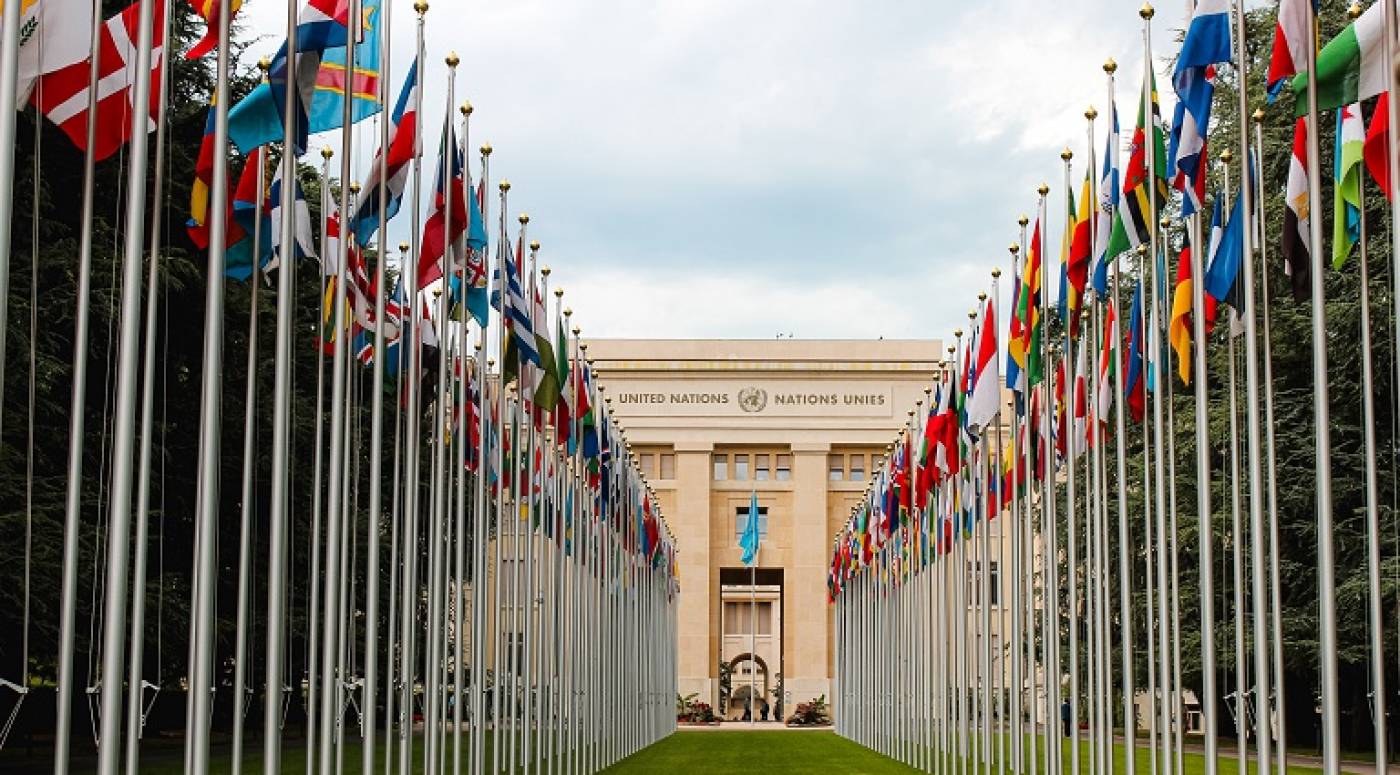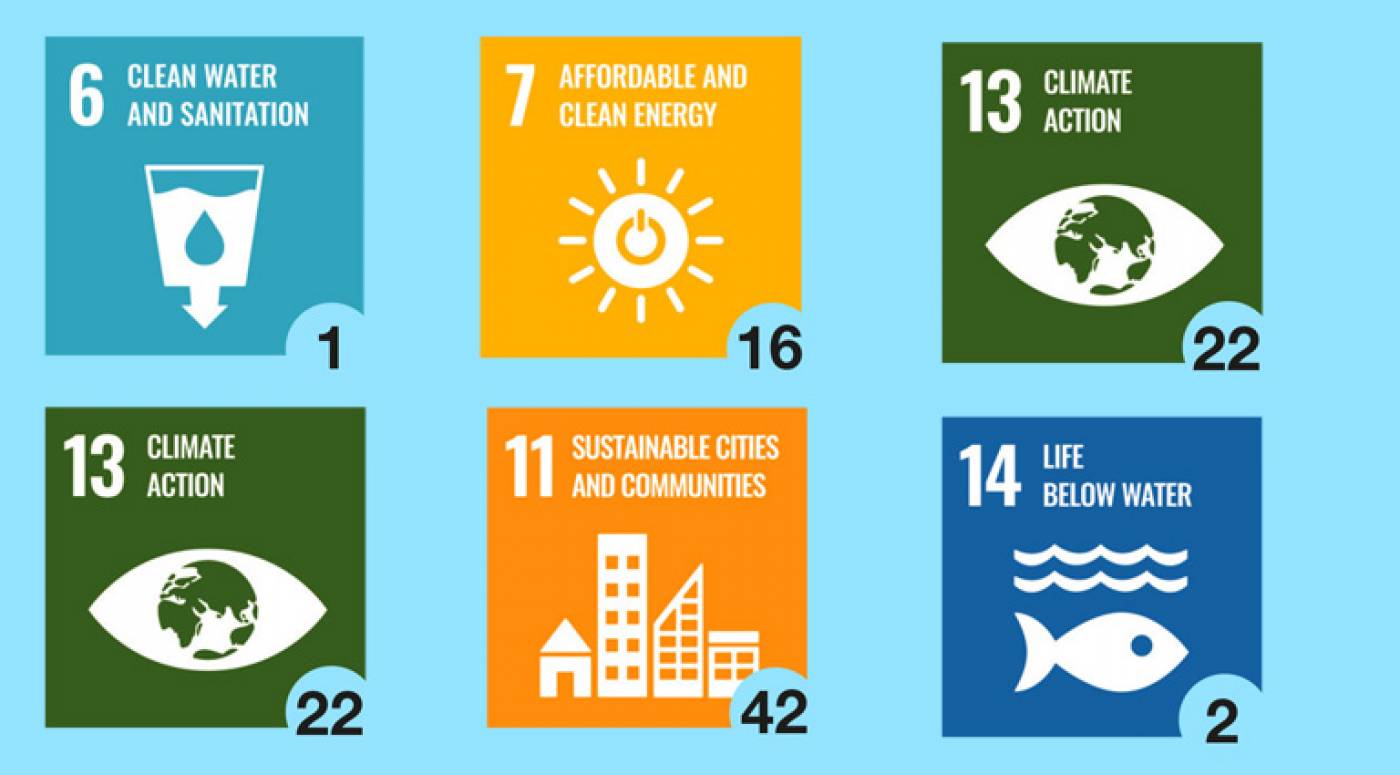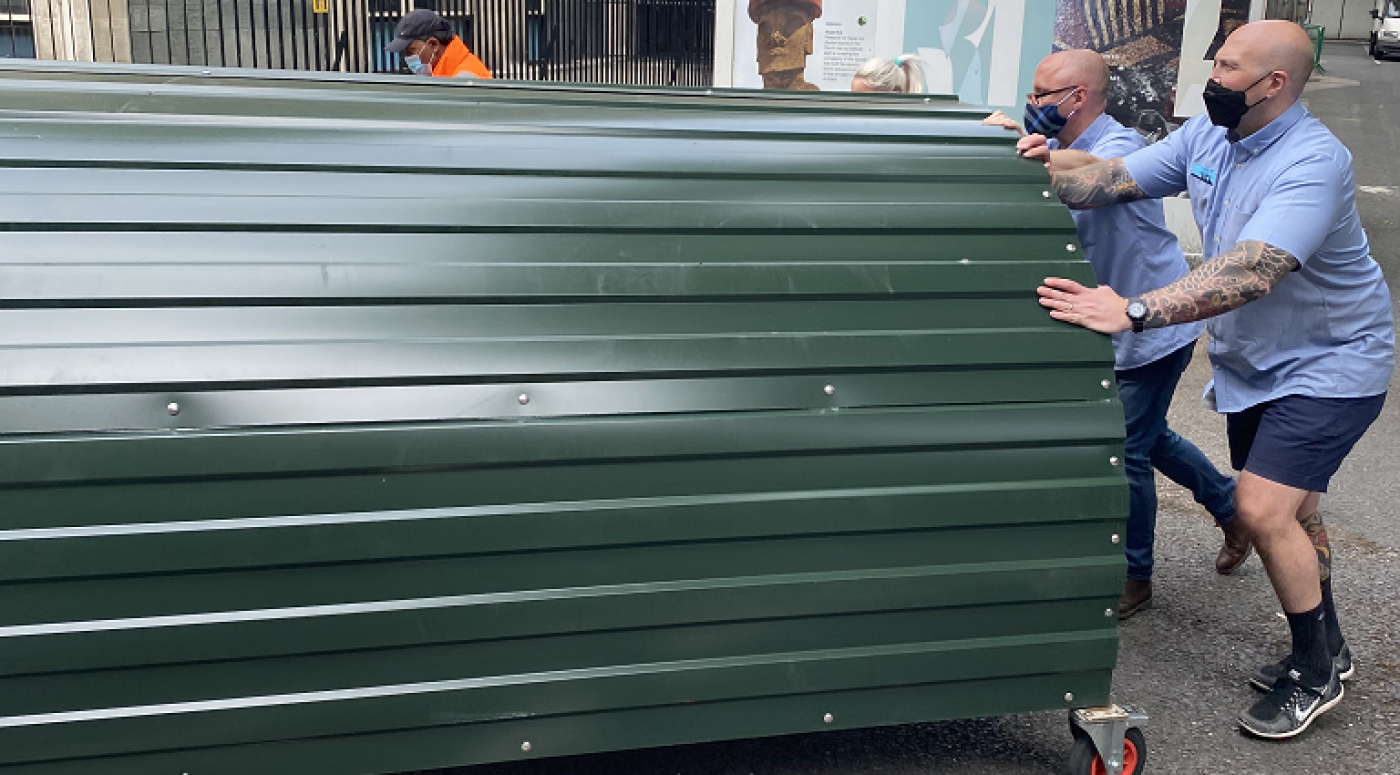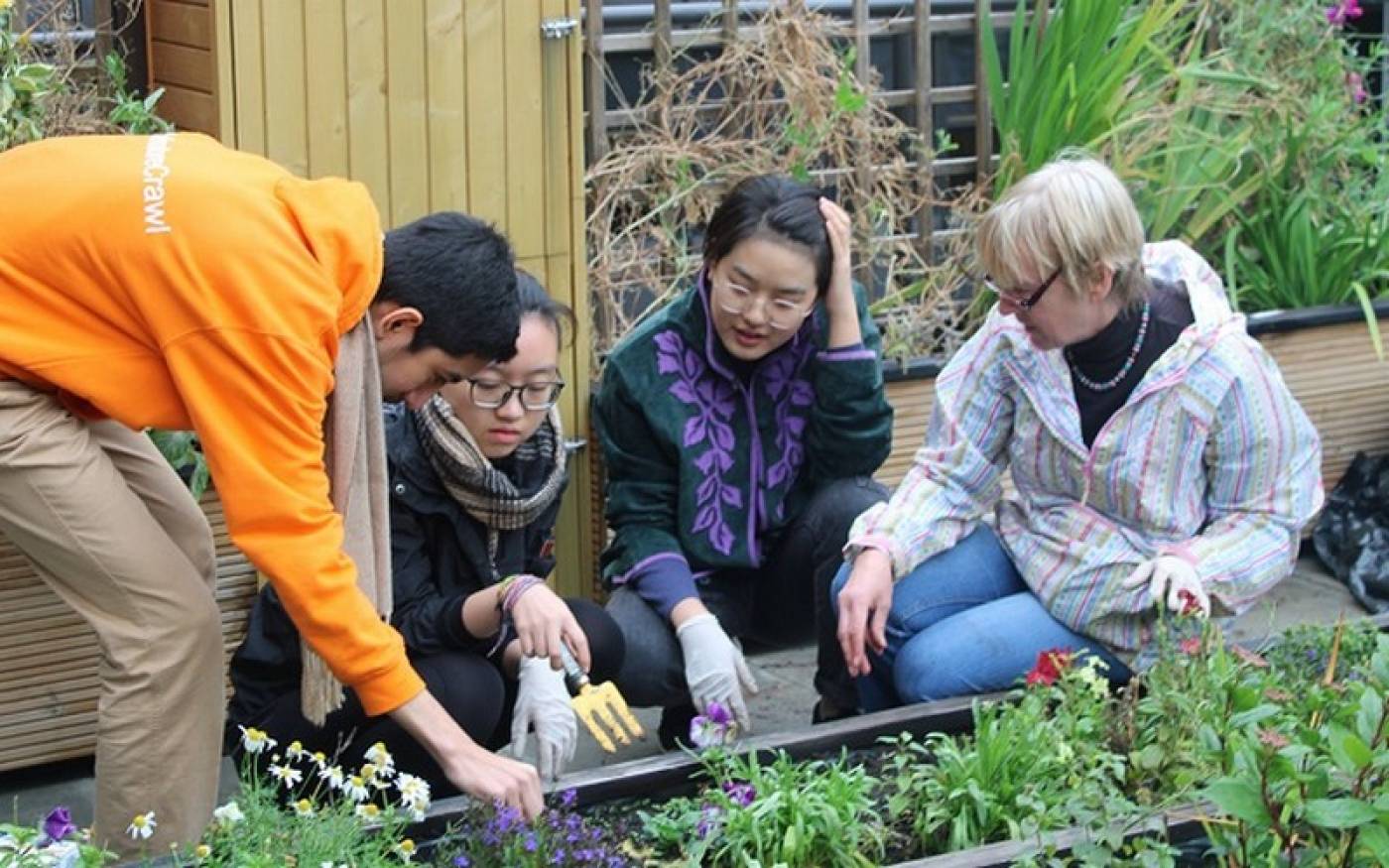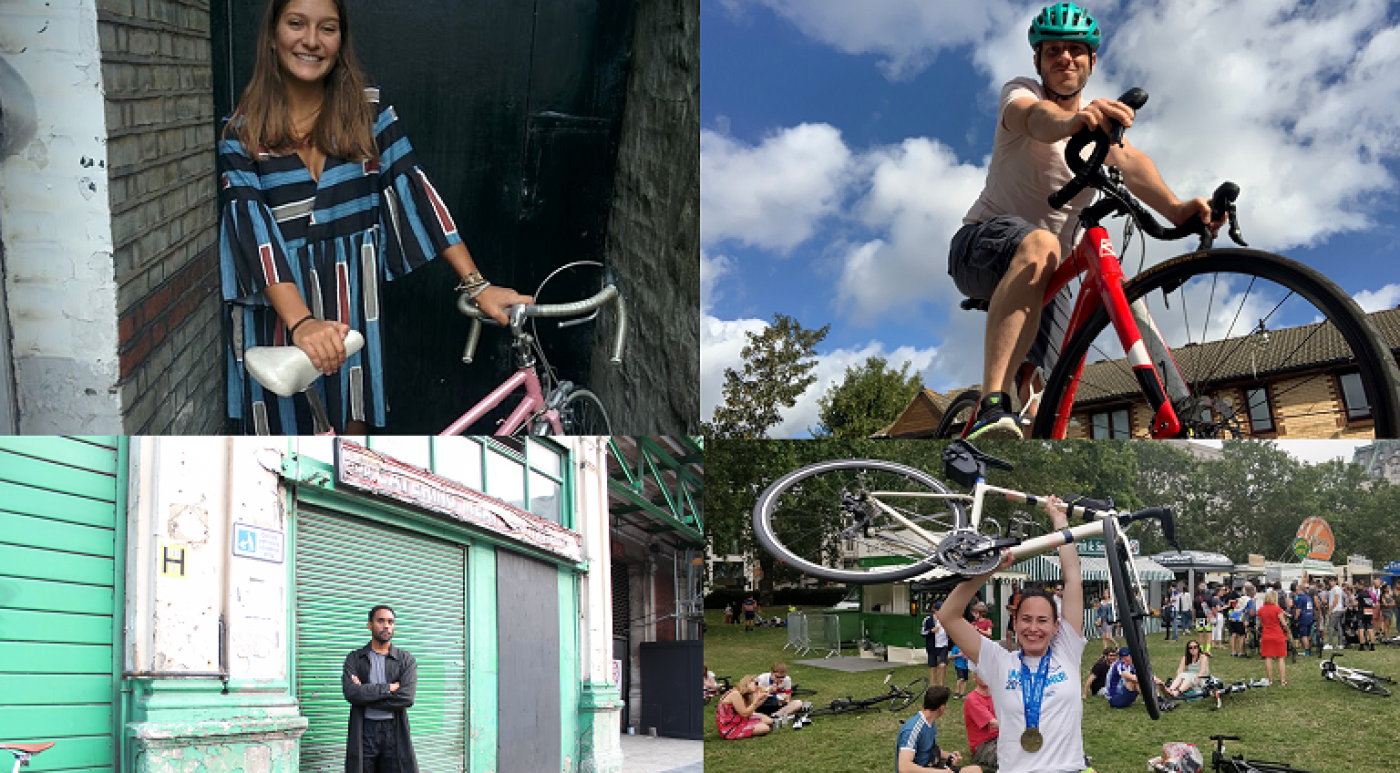UCL's Sustainability Annual Report: our progress 2019-20
Sustainable UCL Annual Report 2019 - 20
UCL Inspires Action
UCL Inspires Action is one of the three foundation programmes that embeds sustainability across our institution.
As London's global university with a diverse community, we have the unique opportunity to inspire a generation of change makers that will take the lead on climate and sustainability action across the world.
Headline Commitment: UCL has committed to provide every student the opportunity to learn about sustainability by 2024 through the curricular, co-curricular and extra-curricular offer.
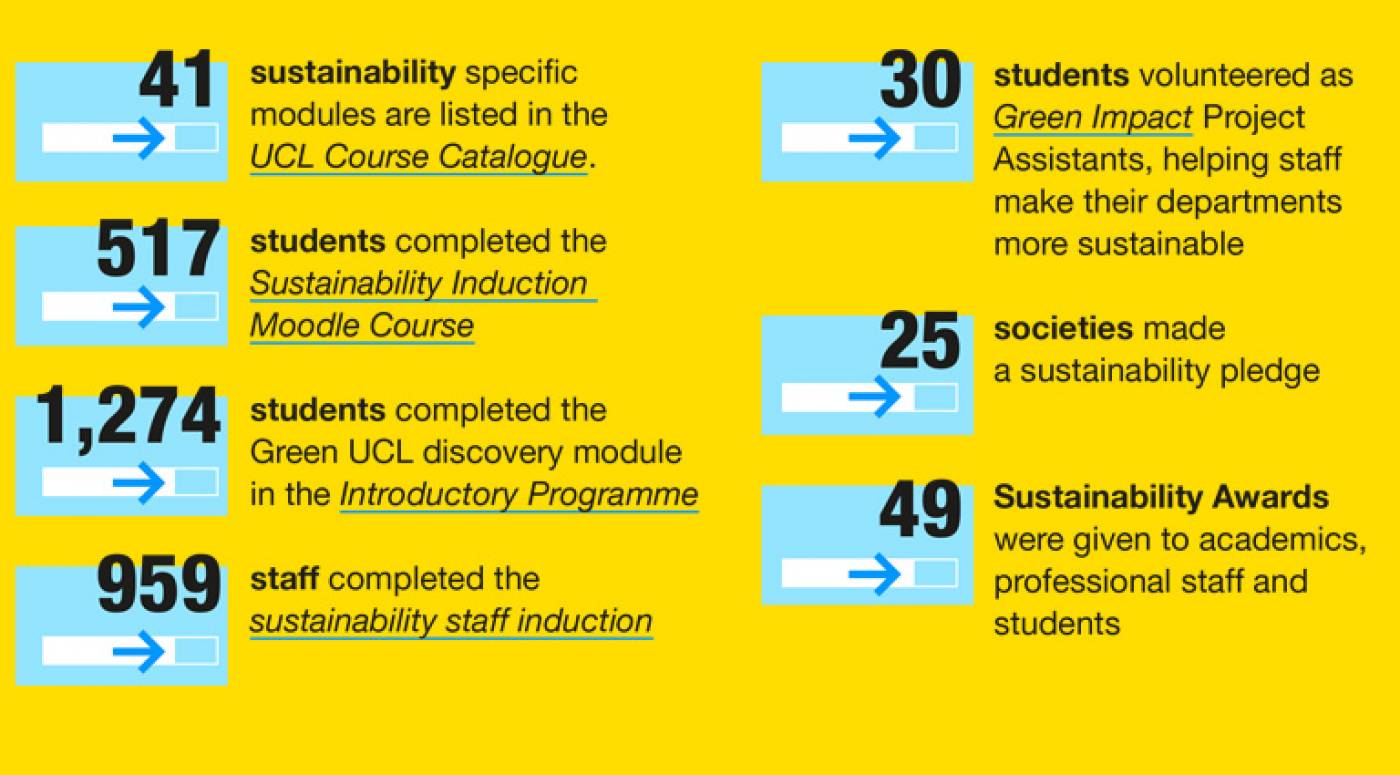
Number of students and staff participating in our sustainability offer

Every year, the sustainability team invites the UCL community to celebrate sustainability with an event packed week.

From chemistry to urban planning, almost any degree at UCL can inspire sustainability action!
UCL is Run Sustainably
UCL's second sustainability foundation programme, UCL is run sustainably, is based on the recognition that for UCL to thrive in the 22nd century, we must make a sustainable and socially responsible way of operating the new normal. That is why sustainability is a key consideration in our planning processes and culture.
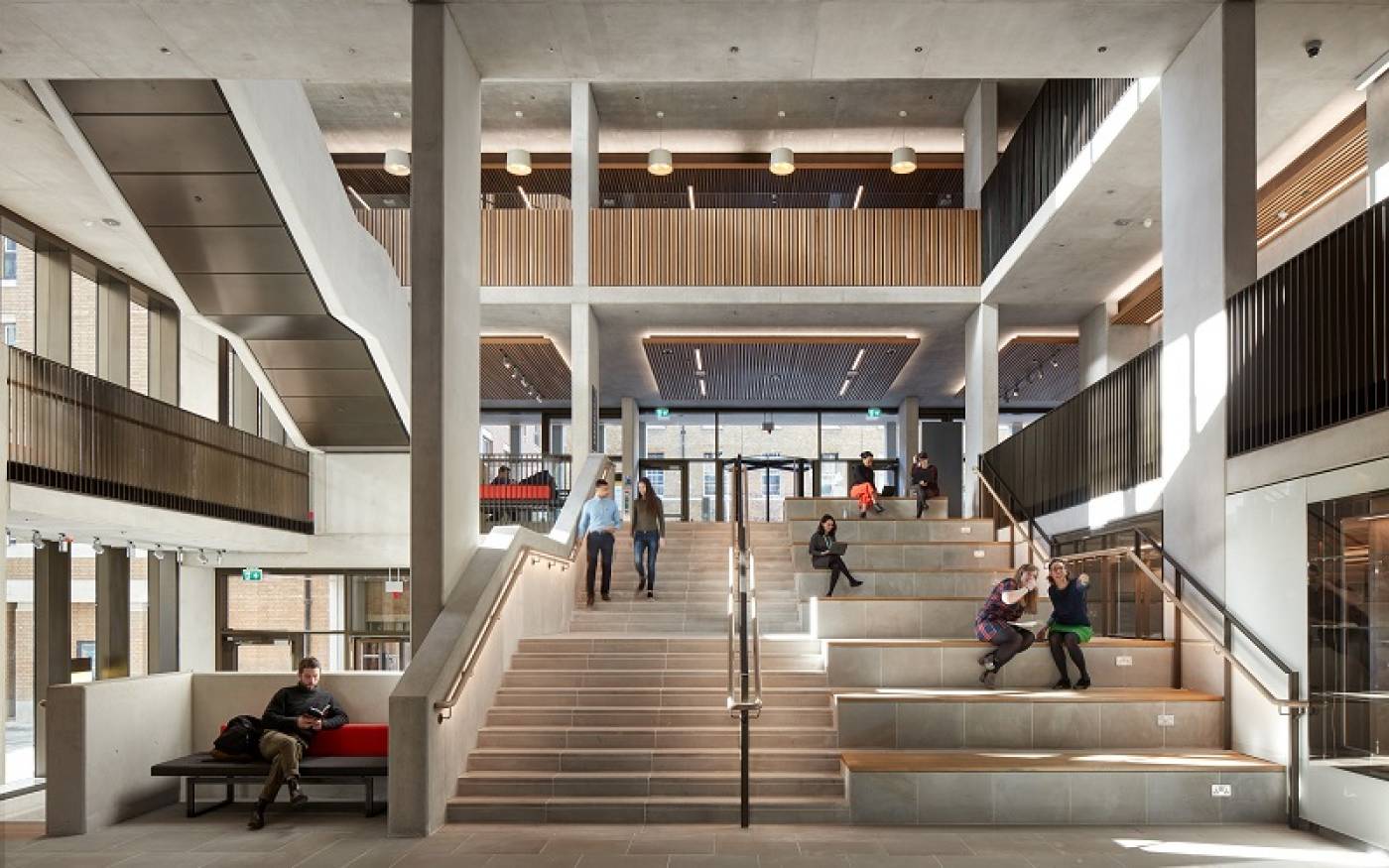
UCL is run Sustainably
UCL embeds the value of sustainability through the way we operate and demonstrates what a sustainable university looks like. Sustainability is fully integrated into our planning, processes and delivery and we are focused on making the UCL campus a showcase of how a city-centre global institution can operate.
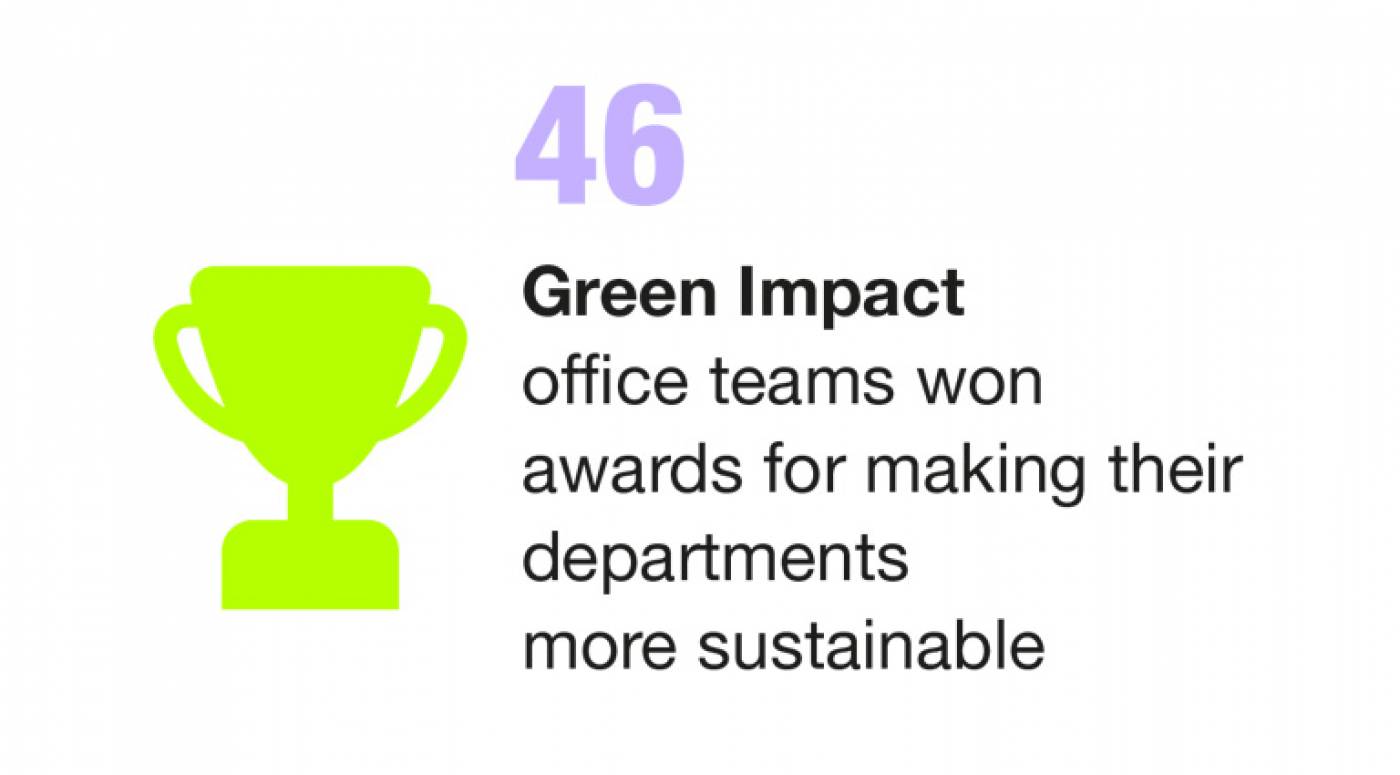
UCL staff are making their offices more sustainable

We have launched the Student Sustainability Council , where students help shape UCL’s Sustainability Agenda.

We are accredited to ISO 14001 and ISO 50001 Standard
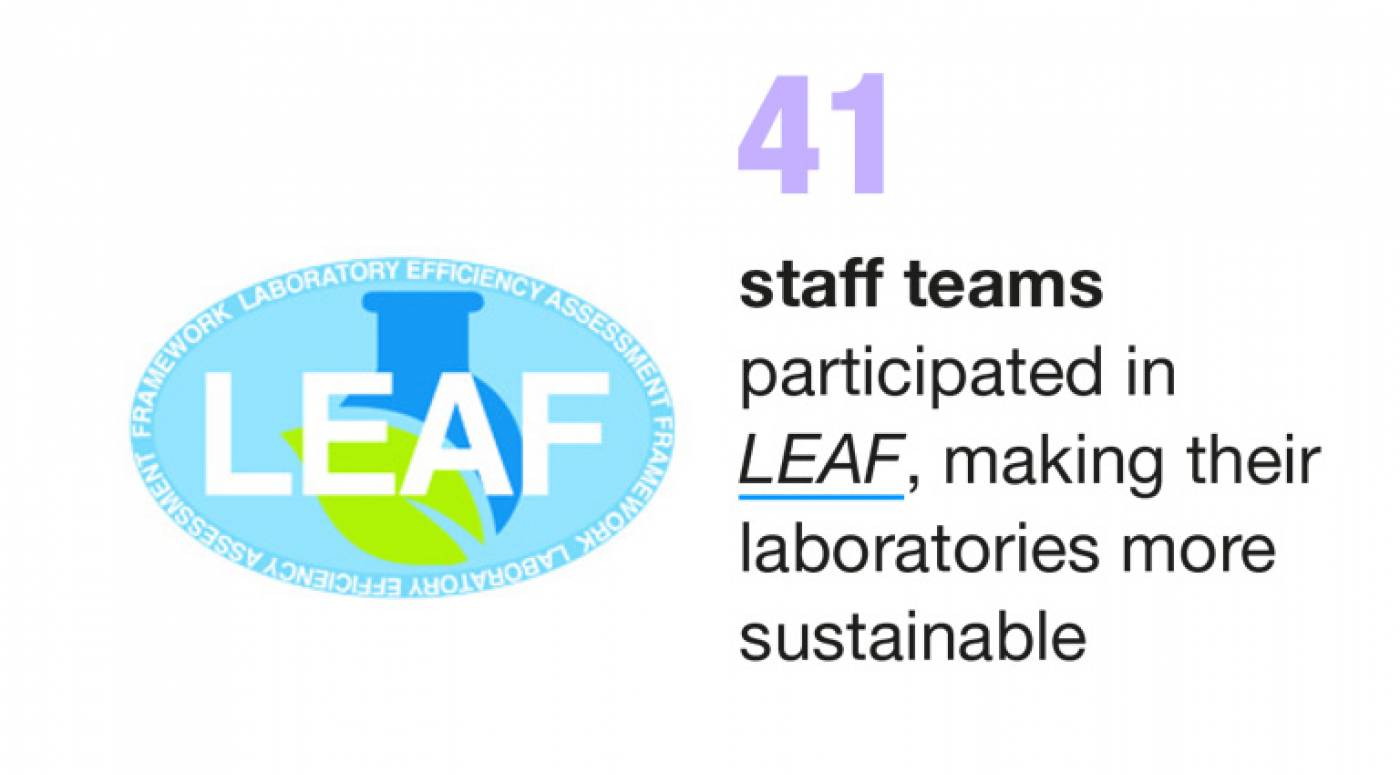
Staff are making their labs more sustainable
UCL Shapes the Debate
UCL Shapes the Debate focuses on creating a dialogue with local and global communities to co-create sustainability solutions and disseminate sustainability research.
Headline commitment: We've committed to increasing our sustainability research with a focus on the Sustainable Development Goals.
Positive Climate
Positive Climate uses UCL's wealth of climate change expertise and research to reduce carbon emissions.
Headline commitment: UCL has committed to zero carbon buildings by 2024, and to becoming a net zero carbon institution by 2030.
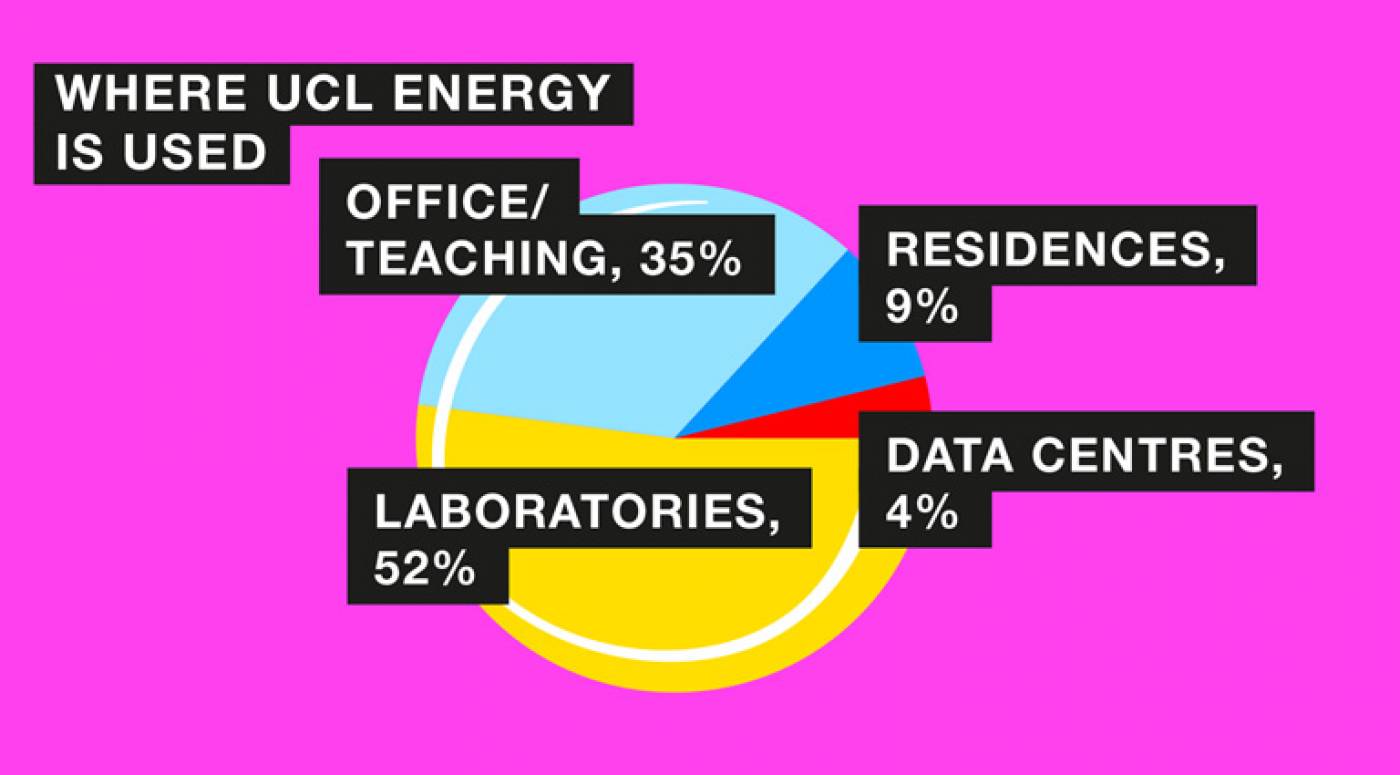
By switching to renewable electricity, we made it 47% towards our 2024 zero carbon buildings target.
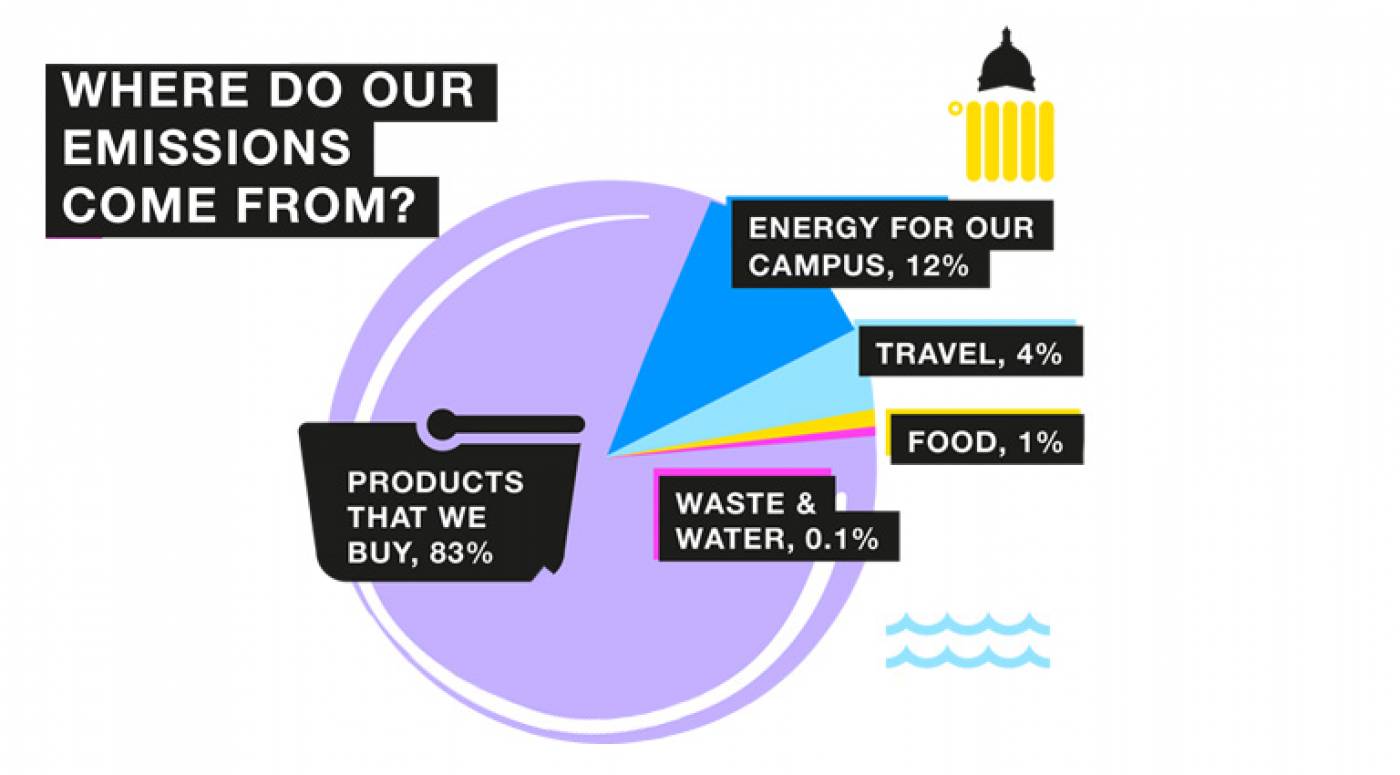
We have progressed 21% towards the 2030 target of becoming a zero carbon institution.
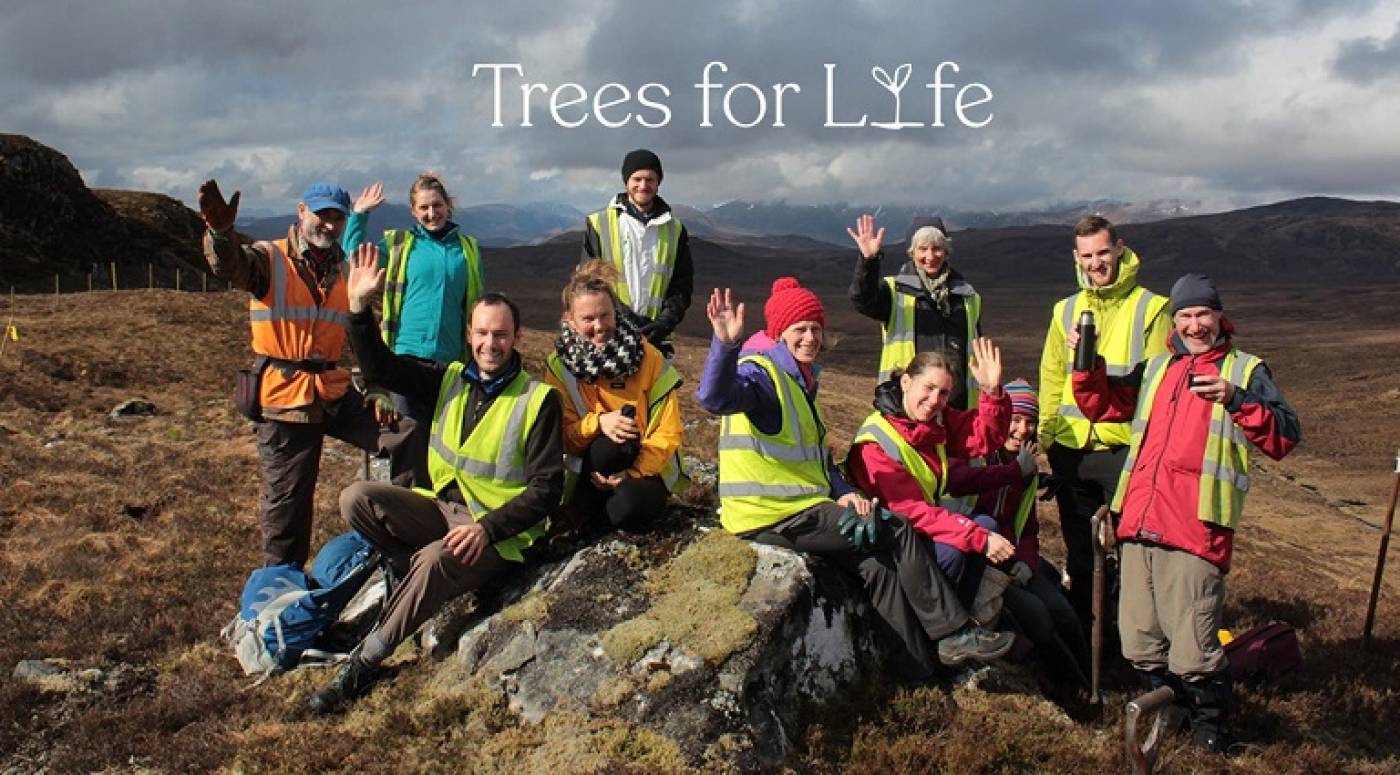
UCL staff, students and alumni have planted 176 trees to date in a UCL Grove to voluntarily offset their carbon emissions.
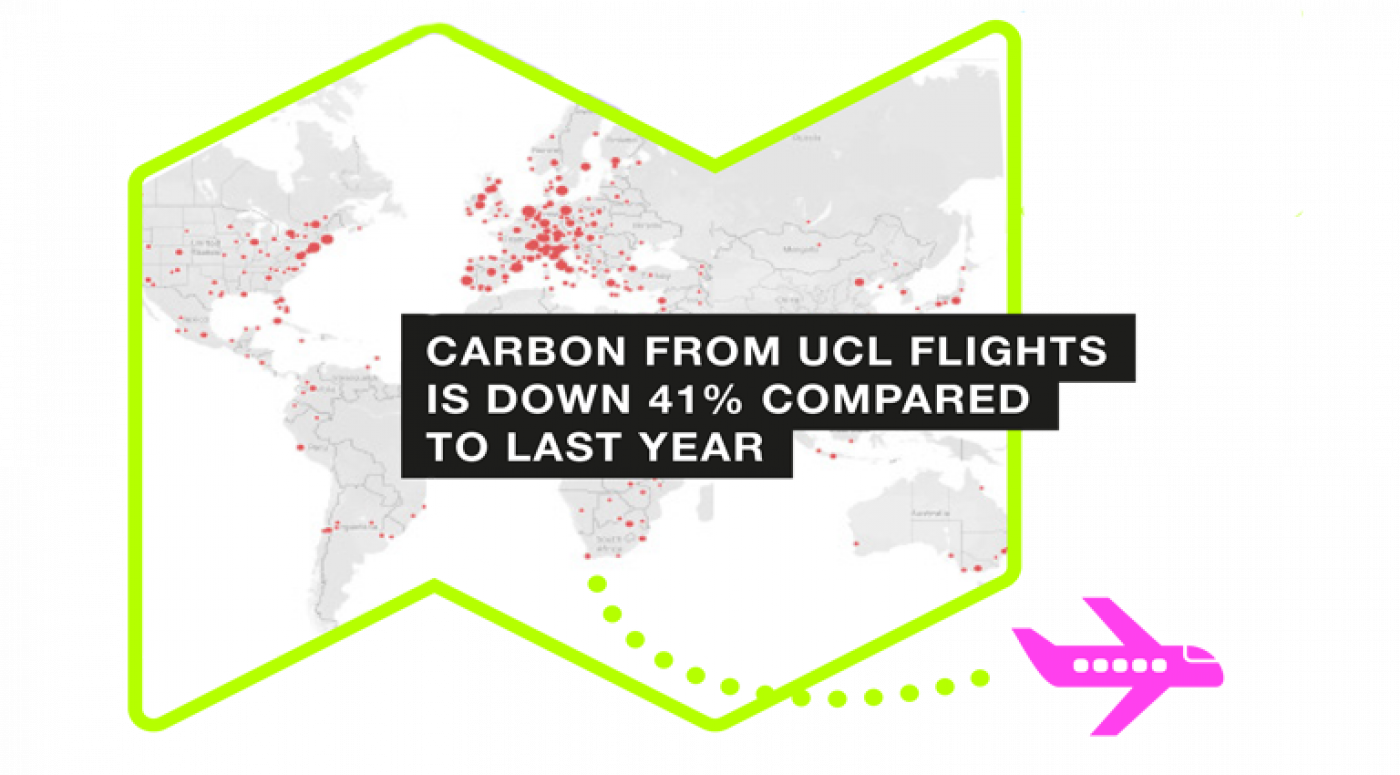
We are working to reduce our emissions from organisational travel, which is the 3rd largest source of carbon emissions for UCL.
The Loop
The Loop tackles unsustainable consumption by redesigning the way we use materials and specifying the best products for people and planet.
Headline Commitments: By 2024, we've committed to increasing our recycling rate to 85% and decreasing waste per person by 20%.

So far, we have reduced waste per person by 33% due to the UCL community working and studying away from campus.
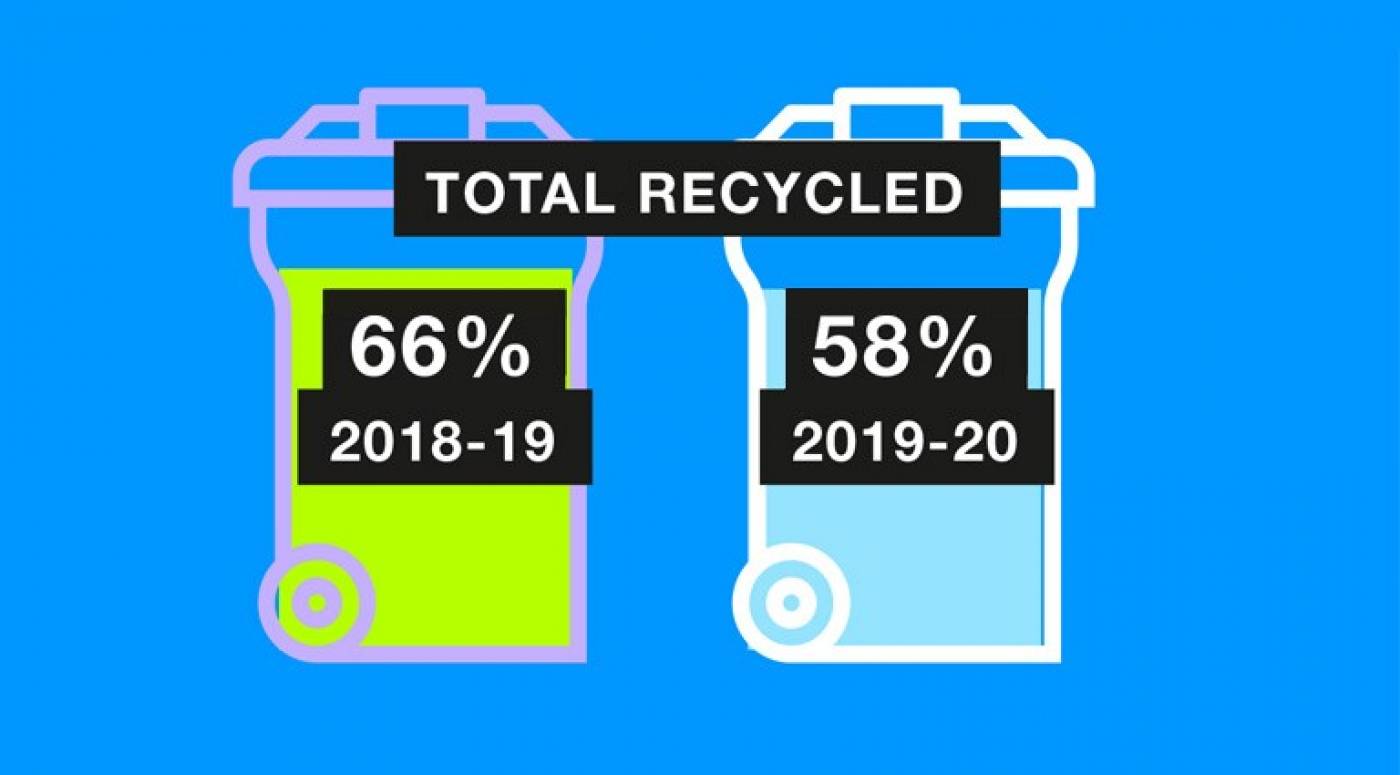
We are working to increase our recycling rates

UCL replaced single-use plastics from the delivered hospitality service, potentially saving half a million disposables per year.
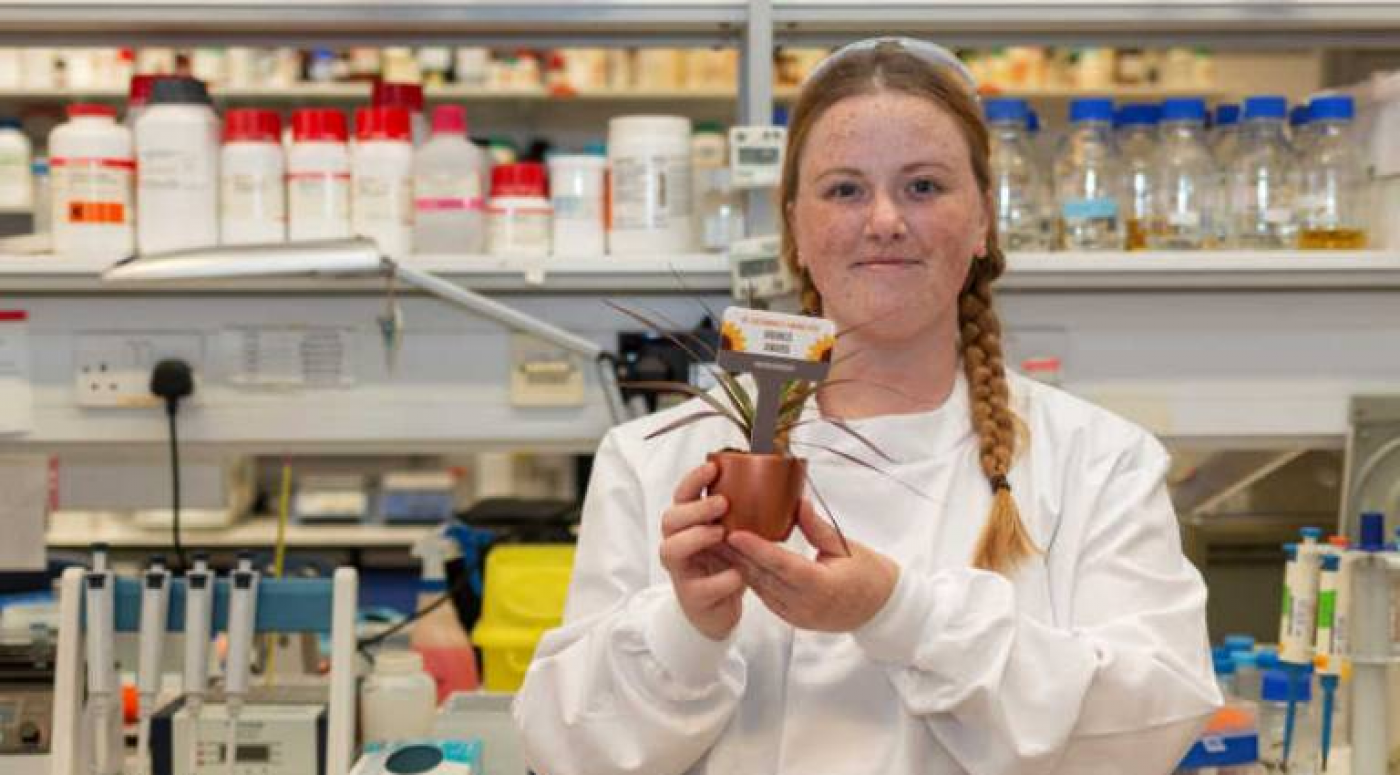
UCL is run Sustainably
UCL embeds the value of sustainability through the way we operate and demonstrates what a sustainable university looks like. Sustainability is fully integrated into our planning, processes and delivery and we are focused on making the UCL campus a showcase of how a city-centre global institution can operate.

UCL has offset 18,922,619 pages of paper by reforesting 2,271 trees
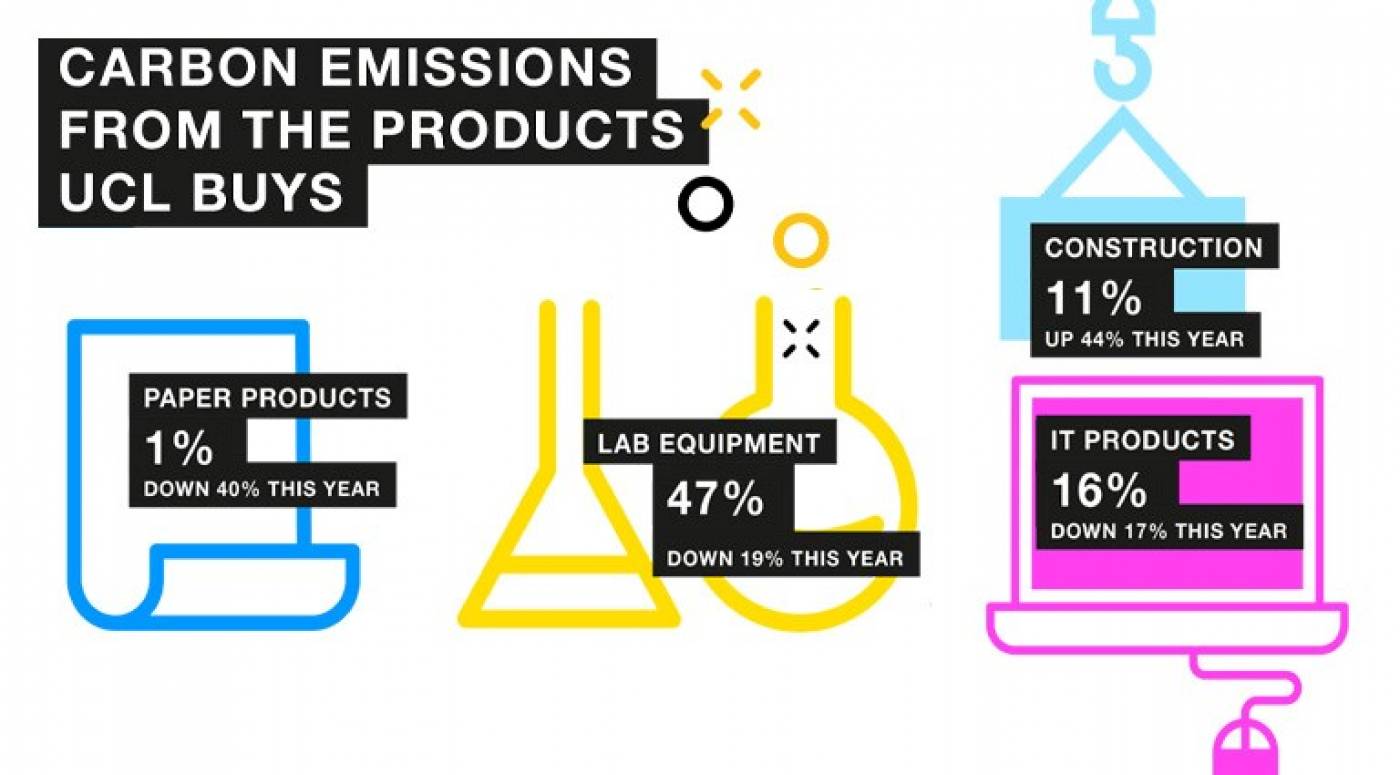
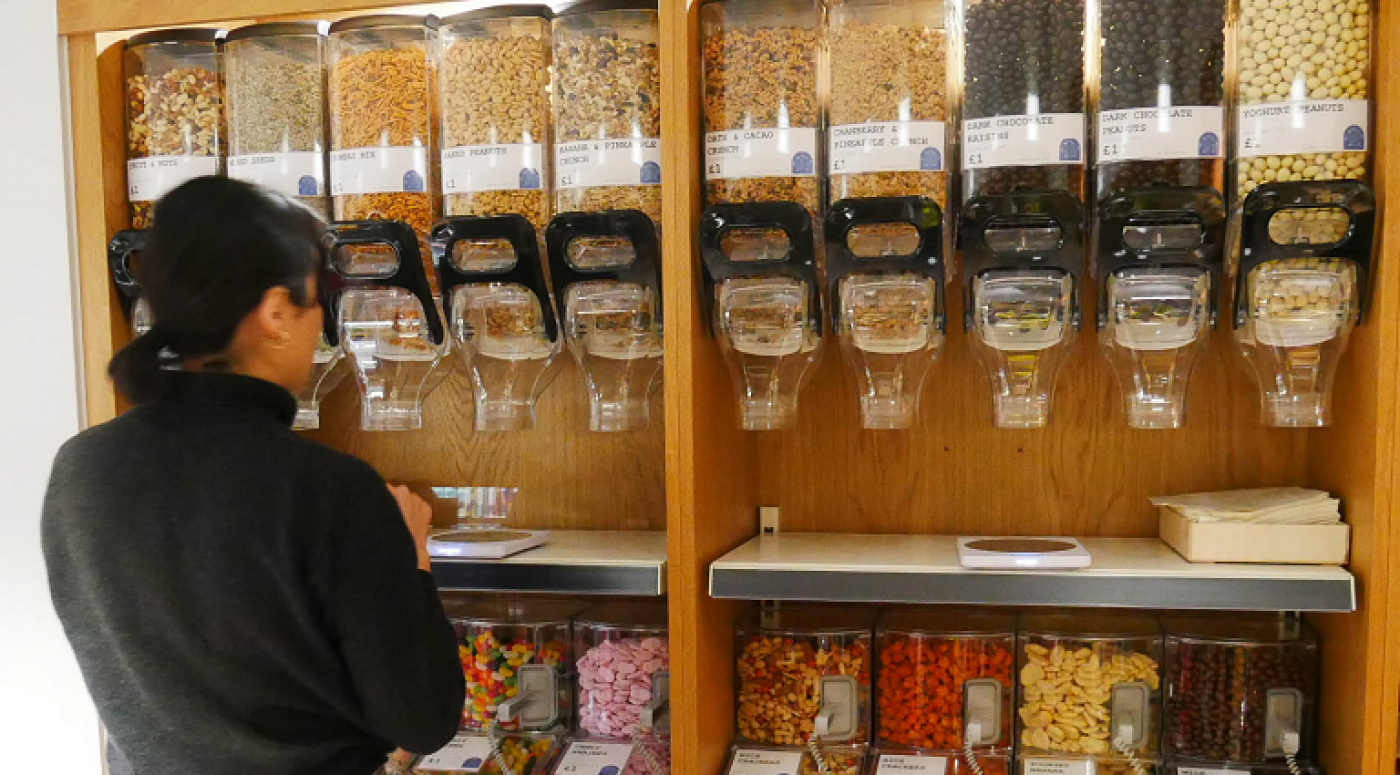
UCL's Refectory Shop began trialling plastic-free alternative products, reducing plastic packaged snack options by 50%!
Wild Bloomsbury
With Wild Bloomsbury, we are introducing nature-based solutions to Bloomsbury.
Headline Commitment: We've committed that by 2024, we will have created 10,000m2 extra biodiverse space to increase wellbeing and reduce the impacts of pollution in the heart of London
 Close
Close


